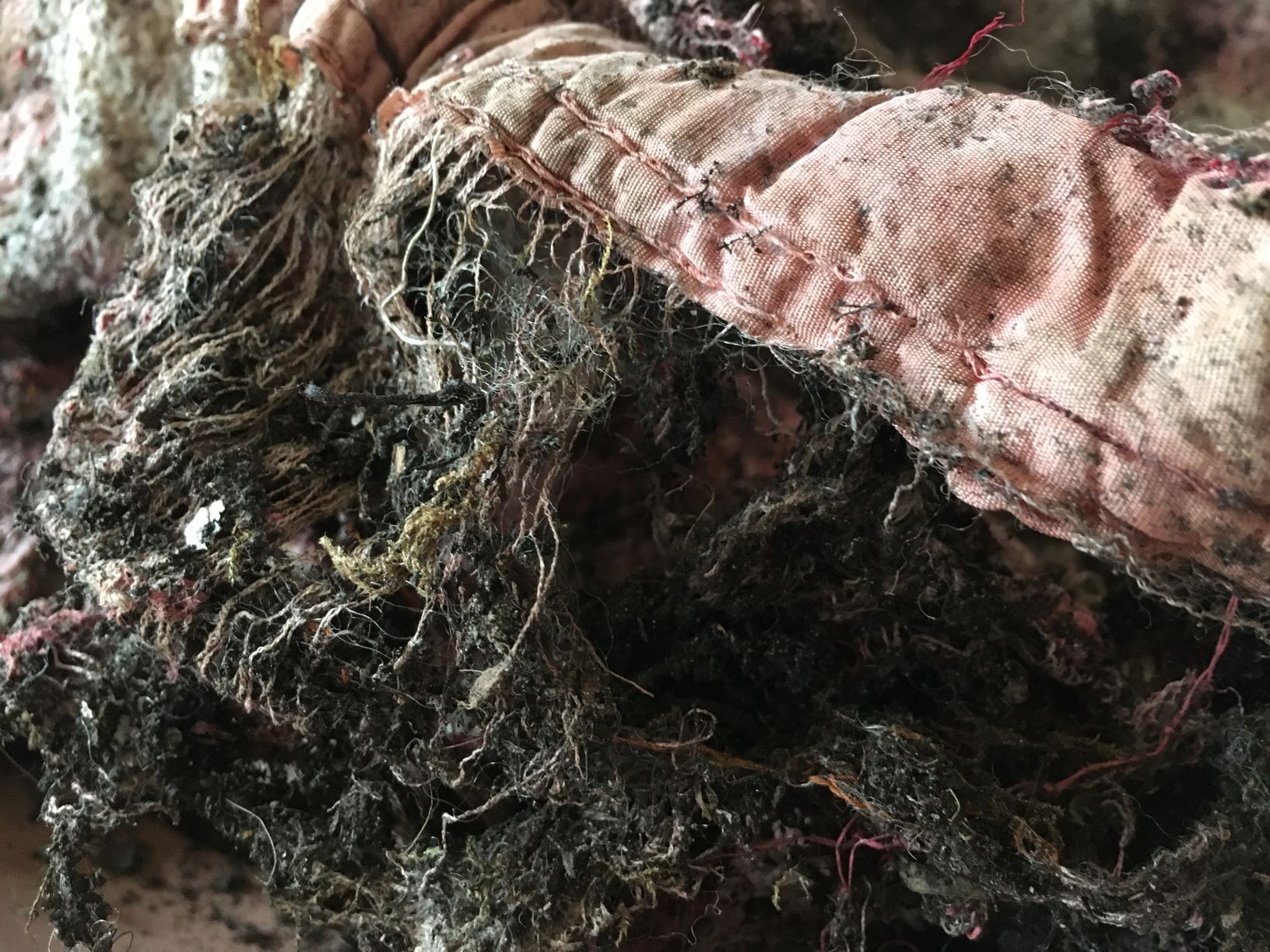




Stanza means room in Italian and a verse in poetry or a rhythmical text. What does it mean for two or more artists to work on their own research and practice in proximity with each other? To share an in-between space, and reflect together? Stanza: is that in-between room.
Stanza, (or in Flemish Stanza’n) became a verb, a form of exchange. To Stanza is To room, to unfold a room, to make room. Stanza-ing is mapping, breathing, moving, exchanging, playing, learning, gesturing, being attentive to, crafting, caring, laughing, creating, stacking, gathering, wandering, stretching, incanting,… To Stanza is to build and unfold a temporary space through shared actions, rhythmically, ritually, generously.
Stanza: On proximity is a journey Enrica Camporesi and myself started on a long Corona proof winters walk in a nature reserve in October 2020. We have both worked with Mestizo Arts Platform and taken part in a Work in Progress festival. They encouraged us to talk, to meet, telling us there were so many links between our practices and our current artistic research projects. So we went for a walk and exchanged images and talked for hours. It was cold outside but a little fire was lit.
A month later we did it again, walking, exchanging, talking. The next month we invited Visual Artist Charlotte Peys to walk with and despite the rain, the fire grew bigger. Performer and director Duraid Abbas joined us around a drawing table (a table covered in paper and things to draw with). This is a research methodology used to think together with your bodies (phenomenologically). We talked and drew and exchanged sources of inspiration and the challenges of artistic research and practice. The tone was set for the residency a month later.
in April 2021 we set up home with Mestizo Arts Platform in Rataplan, Borgerhout, Antwerpen. This residency was a joint artistic research residency. We would work on our own artistic projects in seperate spaces. Enrica working on Oertaal: Oefening while I worked on The Unreliable Archives. We set up the Backstage in Rataplan as a joint reflection space. We were curious about what could happen in this shared space in proximity to each other and each others work. We invited Charlotte and Duraid to step both into our own individual worlds to work with us on specific aspects of our research (visual language, drawing as performance, movement and ritual,…) and to be an integral part of facilitating our shared world. This shared world became a room for, and belonging to all four of us.




Enrica Camporesi, Charlotte Peys, Duraid Abbas and myself in Stanza, @Mestizo Arts Platform @Rataplan, Borgerhout, Antwerpen. 19.04.2021-1.05.2021
We started each day together in Stanza. We decided to be Sybills, mythical creatures who can foretell the future, but because they can only talk in fragments, there are many possible ways to interpret their visions. How did we unfold this room of fragments? We exchanged small gifts of practice. This could be a warm up exercise or a drawing, something we had made with our hands or a smell, a photo or a quote we wanted to share. On the wall we had written questions we were thinking about that relate to our artistic research and practice. The table was covered in paper and there were drawing impliments everywhere. We let the associations and conversations open up as they went along. We each brought our critical thoughts and questions to the room, and we mixed them with intuition, evocations, spells, games, physicality, attention and care. These words and this drawing by Charlotte came to viualise the room:
SPEELRUIMTE
RAAKVLAK OVERLAP
VERWANTSCHAP KINSHIP
OPEENSTAPPELING VERZAMELING CAIRN
ASSEMBLAGE ENSEMBLE

We would like to share how to Stanza’n. We are working on a self-build package/game that you can unfold yourself at home, with friends, colleagues and fellow artists. We will talk more about this experience and its influence on our own artistic research and practice in an interview with Ciska Hoet be published in the winter. (drawing of two faces by Charlotte Peys)
Thankyou to Charlotte, Duraid and to Enrica for making this a unique experience. Thankyou to Charlotte, Tine & Mulanga at Mestizo Arts Platform for their support and for looking after us so well. Thankyou to Femke, Gregory and Atia at Rataplan Borgerhout for making us feel so at home in their house.




































































